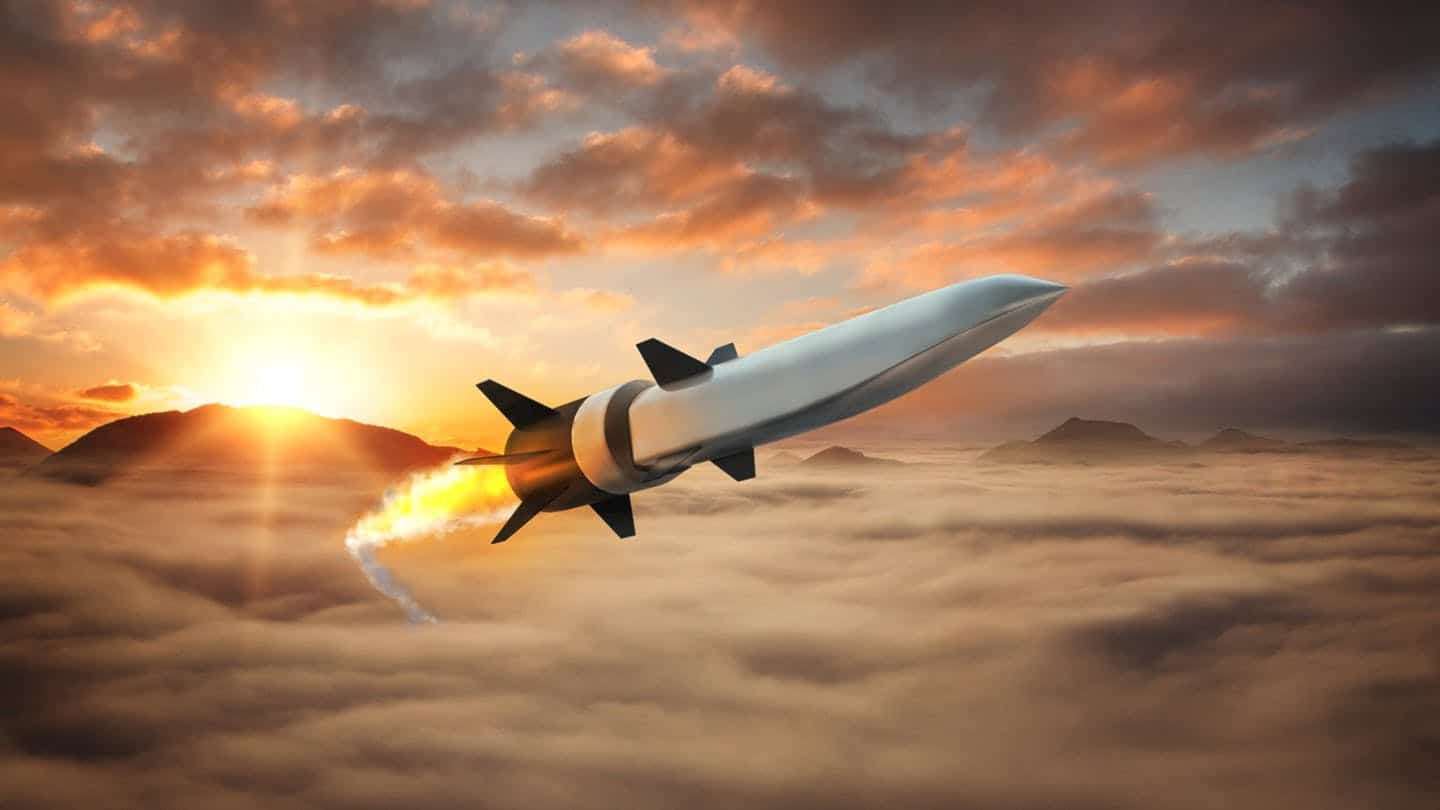DARPA and the US Air Force (ave announced the successful completion of captive carry tests of two variants of the Hypersonic Air-breathing Weapon Concept (HAWC) and are ready to proceed to first free-flight testing within the calendar year. The joint Agency and Service effort seeks to develop and demonstrate critical technologies to enable an effective and affordable air-launched hypersonic cruise missile.
HAWC performers Lockheed Martin and Raytheon Technologies have each tested advanced air vehicle configurations that promise to achieve and sustain efficient hypersonic flight. Their upcoming flight tests will focus on hydrocarbon scramjet-powered propulsion and thermal management techniques to enable prolonged hypersonic cruise, in addition to affordable system designs and manufacturing approaches.
“Completing the captive carry series of tests demonstrates both HAWC designs are ready for free flight,” said Andrew “Tippy” Knoedler, HAWC program manager in DARPA’s Tactical Technology Office.
“These tests provide us a large measure of confidence – already well informed by years of simulation and wind tunnel work – that gives us faith the unique design path we embarked on will provide unmatched capability to U.S. forces.”
The HAWC program, since inception, has been executed as a joint program between DARPA and the USAF. In addition, DARPA is working in cooperation with military services and agencies, including the Missile Defense Agency, U.S. Navy, and National Aeronautics and Space Administration (NASA) to validate, and eventually transition key technologies.
The extensive flight data collected is intended to increase the confidence in air-breathing hypersonic systems and reduce the risks to potential future acquisition programs across the US government.











